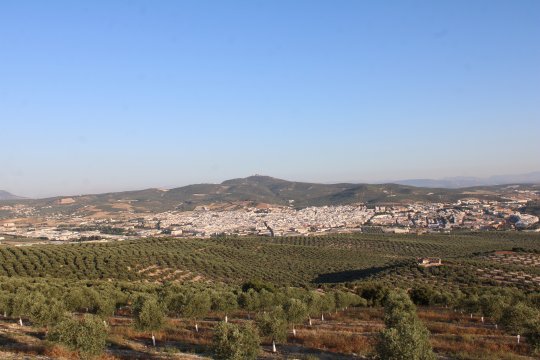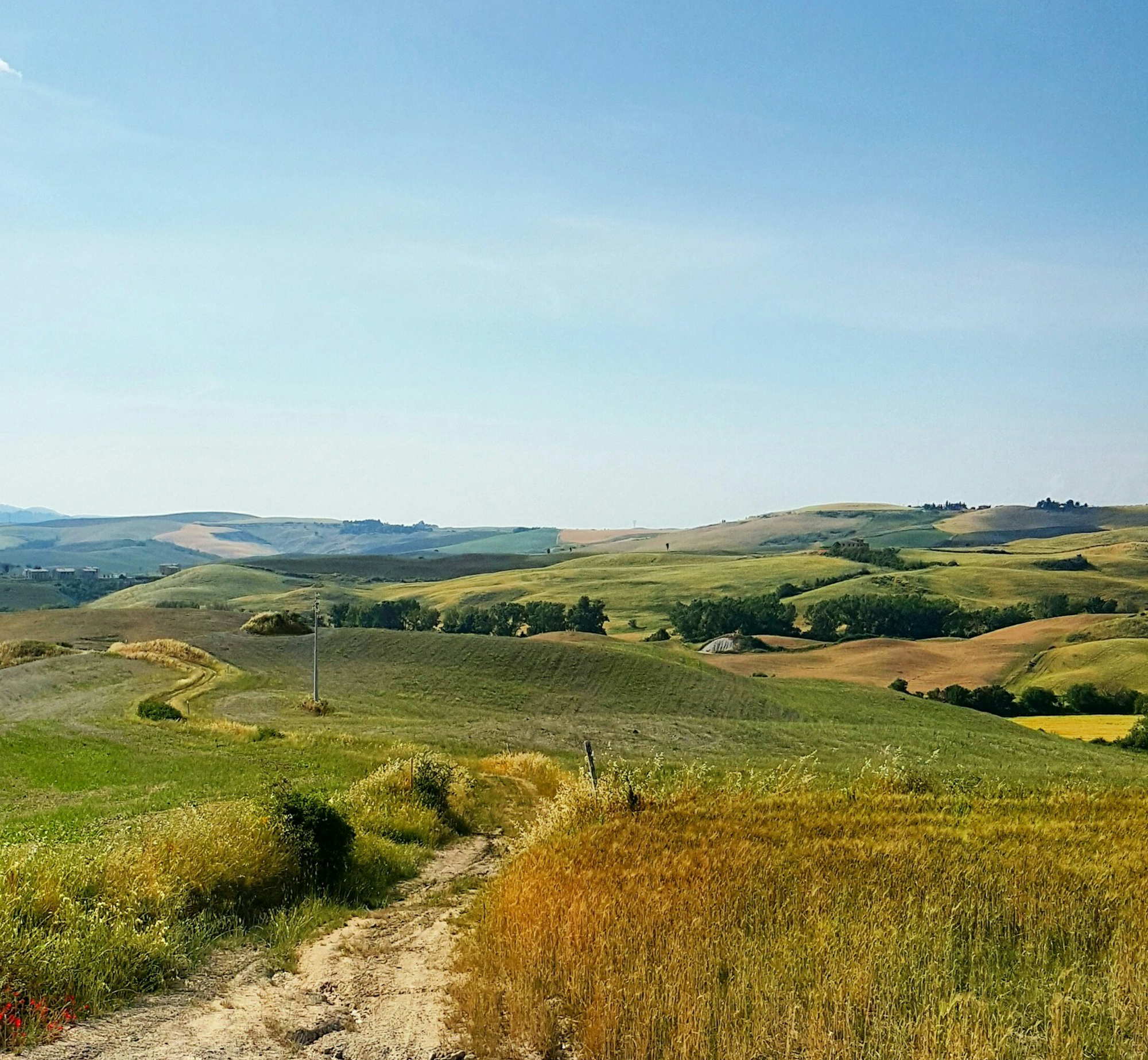- Selected Innovators Stage 1
Dynamo Project (Full Name) Acronym Corresponding local challenge Northern Ostrobothnia, Finland Village help and services Vilhelp Challenge 1 Rural Logistics Optimization Platform (R-LOP) R-LOP Challenge 2 Pudasjärvi delivery system Puddes Challenge 2 Südburgenland, Austria Heritage Lens Südburgenland HLS Challenge 3 SmartNFC Burgenland SmartNFC Challenge 3 Peltier cooling system for the grape harvest PeCoS Challenge 4 Diputación Zamora, Spain Zamora Medieval XR – A Digital Renaissance of the Past ZMXR Challenge 6 Fire Alert and Monitoring System in Zamora (Spain) ZAFIRE Challenge 7 AI-Powered Telehealth for Rural Seniors: Enhancing Accessibility, Independence, & Healthcare Equity V.Y.V.A. Challenge 8 North-East Scotland, UK Enhancing Rethink Carbon for Scottish Farmers – AI-Powered Land Use Planning & Monitoring GW 2000 Challenge 9 Smart Agriculture Technologies for Land Management SAgriTech Challenge 9 Project Mosaic: Scaling nature-positive land management with Scottish farmers. MOZAIC Challenge 9 Andalucía, Spain Introducing advanced digital solutions to rural communities for water footprint analysis ANFORA Challenge 12 Smart, Intuitive, Scalable, and Open-Access Digital Platform for Water Footprint Calculation ... WATERFOOT Challenge 12 BlueDROP: Empowering Sustainable Water Choices in Agrifood Systems BlueDROP Challenge 12 Zagori, Greece Zagori Eco-Planning Platform for Sustainable Mobility and Community Engagement Zagori ECOPLANNER+ Challenge 13 Local water infrastrUctures for Transhumance enhancement in Subalpine rangelands LOUTSES Challenge 14 Sensory Experience in Zagori S.E.N.Z. Challenge 15 Zakarpattya, Ukraine Beekeeping via Delay Tolerant Networking BeeDTN Challenge 16 High-altitude Optimisation & Nimble Evaluation for Yield, Control, and Monitoring of Bees HONEYCoMB Challenge 16 "Smart IoT-Driven Solutions for Sustainable Urban Lighting and Infrastructure" AREYLight AI Challenge 18 Fiastra Valley, Italy Climate resilient prototypes and durable resource management tools for rural Festivals BorgoFresh Challenge 19 Cosmic rays probes for water management enhanced by seasonal forecasts COSMIC Challenge 20 Fully Integrated Agricultural Supply-chain for Transparency and Resilient Agriculture F.I.A.S.T.R.A. Challenge 21 Zadar, Croatia Turning Silba into a Composting Island TSCI Challenge 22 Sensors & Edge Analytics for Wastewater Innovation in Sustainable Environments SEAWISE Challenge 23 Decentralized wastewater treatment system integrated with sustainable agri-food systems in an Island ISLEMET Challenge 23 Abruzzo, Italy Shared Multimodal Mobility & Eco-Logistics Platform for Rural Abruzzo RUMBLE Challenge 24 REmote ENgagement for Older adults REENO Challenge 25 FacilitAREAS: e-participation, sociocracy and cultural innovation in rural areas FacilitAREAS Challenge 26 Gotland, Sweden Decision support for sustainable energy measures in nonprofit organisations ForeHallbar Challenge 27 Decision support for sustainable energy measures in nonprofit organisations GOTEC Challenge 27 Green Optimized Transport: POOling for an Inclusive gotLand GOTPOOL Challenge 28 Törbel-Moosalpregion, Switzerland Optimized Smart Tracking for Regional Water Management O-STROM Challenge 29 Reviving Törbel: Heritage-Driven Placemaking HARMONY Challenge 30 Conviviality for Törbel CFT Challenge 30
OPEN CALL FOR INNOVATORS
Apply to our Open Call for Innovators for your chance to get funded up to €90,000, work closely with rural dynamos and receive training and support to co-develop your solutions that meet real community needs!
Take part in driving innovation and transformation in rural communities across Europe! RURACTIVE will soon be seeking European innovators - Startups, Small and Medium-sized Enterprises, researchers - willing to co-develop smart solutions for its 12 pilot areas, the RURACTIVE Dynamos.
Innovators will be invited to answer the RURACTIVE Open Call and present solutions that address specific challenges within the scope of the RURACTIVE Rural Development Drivers:
Sustainable agri-food and ecosystem management
While rural agri-food systems and natural ecosystems are of primary importance for food production and ecosystem services, rural areas are still facing challenges in achieving sustainable agri-food transformations. Introducing nature-based and digital solutions for the whole food supply chain (including food production, processing, distribution, consumption and resource re-cycling), as well as for agroecological practices that contribute to sustainable ecosystem management, is crucial for maintaining ecosystem health and contribute to social wellbeing of all rural communities. Sustainable agri-food systems support building resilient communities by providing job opportunities and adequate livelihoods for all while supporting synergies with other Rural Development Drivers, such as nature-based and cultural tourism.
Nature-based and cultural tourism
With an increasing interest in rural and proximity tourism raised during and after the COVID-19 pandemic, rural areas remain particularly suitable for nature-based and cultural tourism, responding to the willingness of travelers to learn about and experience the rural context. Nevertheless, rural communities still struggle to manage tourism in a sustainable and smart way and to align decision-making with local communities' needs and tourists' desires and expectations. These challenges can be tackled through the implementation of innovative solutions by provisioning services based on local resources that can be valued and organised to enhance tourism services.
Culture and cultural innovation
While culture is recognised to be a fundamental dimension of sustainable development both in urban and non-urban areas, rural areas are still far from being seen as cultural hubs and centers for creativity. Both tangible heritage and intangible heritage, represented by arts, festivals, music, artisan and crafts, dance and local traditions, are crucial assets for sustainable and inclusive innovation. The use of digital, technological and social innovations can make culture accessible to a wide range of groups including young people, women, migrants, old people, and people with disabilities, and improve the quality of life for all in rural areas.
Sustainable multimodal mobility
Although sustainable transport services are key for the connection and wellbeing of rural inhabitants and for decarbonization goals, sustainable rural mobility has so far received less attention than urban mobility. Planning and provisioning of mobility services, such as demand‐responsive transport and shared mobility, with the involvement of local stakeholders is key to answering site-specific challenges of rural areas and granting mobility solutions for all rural inhabitants.
Energy transition and climate neutrality
While attention has been put on climate neutral strategies in cities, rural areas are often neglected by climate action despite playing a crucial role in the green transition, including through the generation of renewable energy and facilitation or management of principal carbon sinks, such as soil and peat carbon or woodland expansion. In the rural context, the energy transition is supported through the development of community-led solutions, including the creation of sustainable energy communities of prosumers, protection of carbon sinks by investing in Nature-Based Solutions, development of farm biogas/biofuel, efficient renewable energy use through forecasting services, extending the uptake of smart grids and smart meters to empower prosumers, promoting behavioral awareness and change.
A prosumer is considered a person who consumes and produces value, either for self-consumption or consumption by others.
Local services, health and wellbeing
Lack of access to basic services such as housing, healthcare, or e-governance in combination with ageing and depopulation, are key issues that inhibit the sustainable development of rural areas. The introduction of innovations such as digital platforms for managing a wide range of services, or solutions for further increasing the provisioning of services, can mitigate barriers to accessing care and improve quality of life and wellbeing of all rural inhabitants.
WHAT WE OFFER
The RURACTIVE Open Call for Innovators aims to help you develop smart, community-led, tailor-made, place-based, and inclusive solutions within local rural areas. Selected applicants to the Open Call will gain access to the first stage of the RURACTIVE Innovators Programme, and gain the opportunity to be selected later on to its second stage:
Receive €5,000 to kickstart your project and support travel to the rural ecosystem
Benefit from a dedicated mentor guiding your project’s development
Work closely with rural dynamos to co-develop community-focused solutions
Participate in local workshops, fine-tune, and present your solution for stage 2 selection
Engage in a 18-month programme for pilot development and solution replication
Receive up to €85,000 in additional funding to scale your project
Enhance your skills with comprehensive training and capacity-building activities
CHALLENGES












Challenge 1: Digital platform for operationalising the Village Janitor System
RDD: Local services, health and wellbeing
Challenge 2: Digital platform for bettering logistics (finding synergies and organising transportation of goods) in remote rural areas
RDD: Sustainable multimodal mobility
WHO CAN APPLY
- Startups and SMEs applying individually
- Consortia (up to two entities) led by SMEs/startups
- SMEs/startups,
- mid-caps,
- researchers/academia;
- Note: research institutes and academia are eligible for funding up to 40% of the sub-project budget.
- rural communities/ associations - representing a rural area/region and acting as a new early adopter or facilitating piloting.
- Geographical Eligibility: Entities must be eligible to work in the EU or Horizon Europe associated Member State and have a valid PIC number
HOW TO APPLY
The open call will run until 5 February 2025 (17:00 CET). All applications will then be evaluated by external experts.
Applications must be submitted in English through the F6S platform.
In addition, applicants must be based in an EU or Horizon Europe-associated country.
LINKS TO RELEVANT DOCUMENTS
NEED MORE HELP?
If you have reviewed this section but you still need help, we recommend you:
Webinar 1: 16th January 2025 – 10:00-12:00 CET
Register Here
Webinar 2: 30th January 2025 – 10:00-12:00 CET
Register Here
Please check out the Frequently asked questions
Contact our helpdesk through the following email: opencall@ruractive.eu
